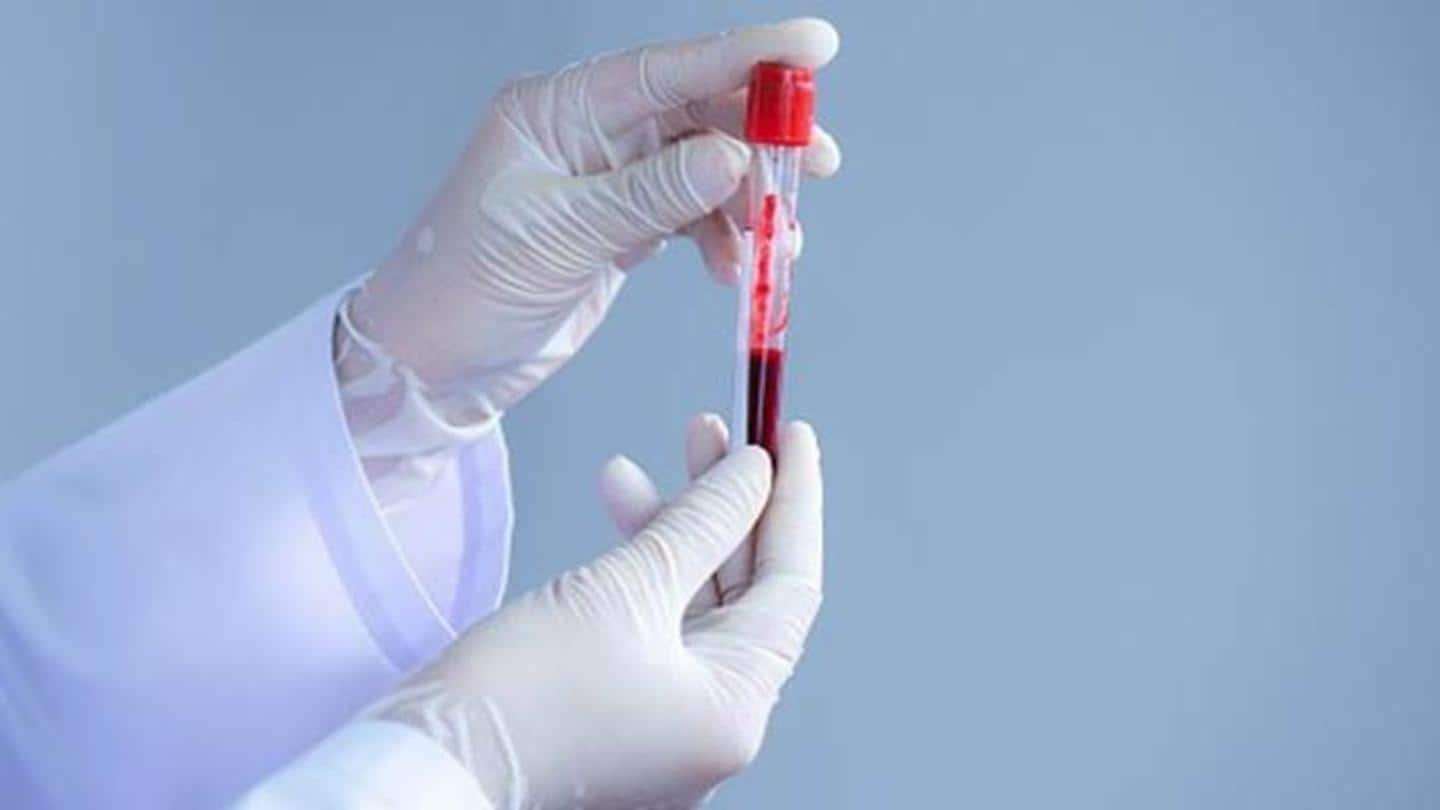
Delhi plans to begin random serological tests starting June 27
What's the story
In light of surging COVID-19 cases, Delhi is looking to start random serological tests on its citizens.
The decision comes as part of a change in the virus containment strategy, which was finalized after Union Home Minister Amit Shah's third meeting in a week with Chief Minister Arvind Kejriwal, and Lieutenant Governor Anil Baijal.
Here's more about it.
Testing
Random serological tests on 20,000 people
Following the meeting on Sunday, the Ministry of Home Affairs issued a statement confirming Delhi officials will conduct random serological tests on 20,000 people between June 27 and July 10.
These surveys will test for COVID-19 antibodies in the blood samples of residents to determine whether they were infected by the novel coronavirus in the past and have now recovered or not.
Importance
Why random serological tests are crucial?
Antibodies are the proteins that the human immune system produces to fight off dangerous viruses like the novel coronavirus.
Therefore, by using these tests and detecting the presence of antibodies, the government could better map and surveil the proportion of the population that contracted the virus and recovered from it later (becoming immune) while probably infecting others in the process.
Bigger questions
More important questions could also be answered
With serological antibody tests, the government could also identify front-line health workers who are more immune to COVID-19 and can work safely around critical cases.
Plus, it could identify donors for plasma therapy and also answer bigger questions like how many people died out of the infected ones as well as how long the immune response lasts in recovered patients.
Containment zones
Containment zones will be re-mapped
Along with comprehensive serological testing, Delhi will also demarcate all the 242 COVID-19 containment zones afresh.
The recommendation, which came from Dr. Vinod Paul committee, will be implemented with other measures such as maintaining strict vigil around containment zones, setting up COVID care centers within the zones in partnership with local NGOs, and taking steps to enable extensive contact-tracing and quarantining.
Timeline
Re-mapping to be done by June 30
According to the timeline set by Ministry, the containment zones will be fully re-mapped by June 30.
Additionally, the committee, which was formed on June 14, has also suggested that every district should be attached to at least one big hospital so that patients could get the necessary treatment and those with no comorbidity could be kept in home isolation.
Deaths
Directive to report each COVID-19 death to Centre
Finally, Shah has also directed the Delhi government to submit a detailed report on every COVID-19 death.
The details have to include "how many days before death the person was brought to [the] hospital and from where" and a "special focus has to be given about whether the person was in home isolation and whether the person was brought to hospital at the right time."
Information
COVID-19 situation growing worse in Delhi
The change in strategy comes as the total number of COVID-19 cases in Delhi nears 60,000 and the death toll stands at 2,175. On Sunday alone, the capital recorded 63 deaths and 3,000 new cases.